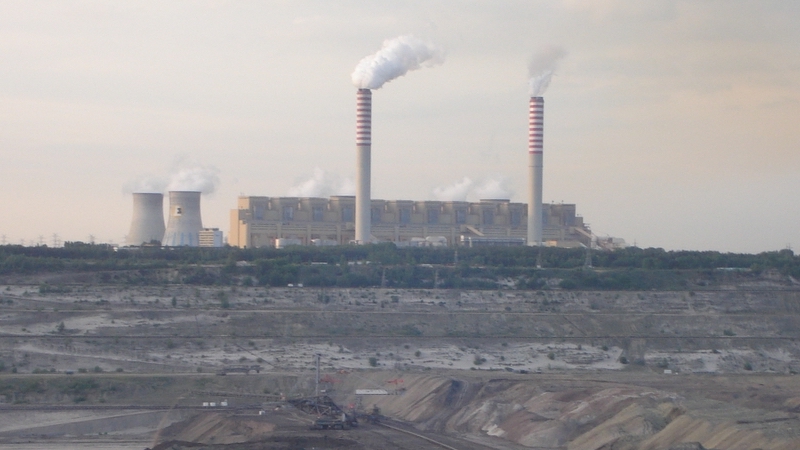Poland’s trade unions are mounting a defence of coal workers against the impacts of climate policies in a government-backed conference this week.
The “social pre-cop” meeting is an effort to influence the agenda of Cop24, the UN climate summit to be held in the same city of Katowice this December.
Its line-up is dominated by mining and industrial unions. Cop24 president and government minister Michał Kurtyka is due to speak, as well as other unconfirmed government representatives. The event carries Polish president Andrej Duda’s stamp of approval.
An advance statement signed by three workers’ associations calls for an analysis of the costs and jobs impact of climate policies, and a “dialogue” at UN level between politicians, investors, employers, scientists and trade unionists. Without naming coal, it invokes national sovereignty and fairness arguments to shift debate in the industry’s favour.
One proposal is to exempt the most efficient plants in each industry from carbon pricing. In the EU carbon market, coal power stations face higher costs than other generators because their emissions are substantially higher.
“All energy carriers should be treated equally especially in the field of scientific research aimed at improving the efficiency of their energy production. Each state for the sake of its safety and sovereignty should be able to produce energy from the fuels owned on its territory in order to ensure cheaper heat and electricity for its economy,” the statement says.
It adds: “The costs of the existing climate policy should primarily be borne by the consumers of goods and services containing a carbon footprint from richer countries and not by the producers from poorer countries.”
Coal is the dirtiest source of electricity and several countries have committed to phase it out to slash their greenhouse gas emissions. The consultancy Climate Analytics argues the EU needs to end coal use by 2030 to align with the global warming limits in the Paris Agreement.
At the same time, the fuel dominates Poland’s energy mix and supports tens of thousands of jobs. While the country is starting to develop clean alternatives such as wind power, the shift to a greener economy threatens to disrupt communities built around mines.
The Katowice summit in December will shine a spotlight on a tension that is playing out in many other parts of the world, including neighbouring Germany.
A spokesperson for OPZZ, a network of Polish trade unions and co-organiser of this week’s conference, told Climate Home News: “We do agree that if the planet is dead, the discussion about decent work and international labour standards will be pointless.
If you like what we do, support us
Become a CHN patron for as little as $5 per month to help us keep bringing you the most in-depth coverage of climate politics and underreported stories from around the world.
We have set up a Patreon account. It’s a simple, safe and easy way for you to become part of a community that will secure and guide our future.
Thank you!
“At the same time, given that the Polish economy is largely dependent on coal, the shift towards the ‘green economy’ will have monumental consequences for the citizens, employees and their families, including at existential level. Polish employees need to receive firm assurances that any changes in that area will not impact negatively on their employment and overall standard of life.”
In defending those employees, the conference flirts with science denial, giving a platform to Princeton physicist William Happer. Happer has no record of climate research, describing the field as a “cult”, and rejects the scientific consensus to argue the build-up of carbon dioxide is good for the planet.
A spokesperson for OPZZ said Happer had been invited by co-organiser Solidarność, which did not respond to a request for comment.
The programme also highlights an example of post-industrial regeneration in Poland. International visitors are offered a tour of Lake Tarnobrzeg, a former open pit sulphur mine turned water sports destination.
